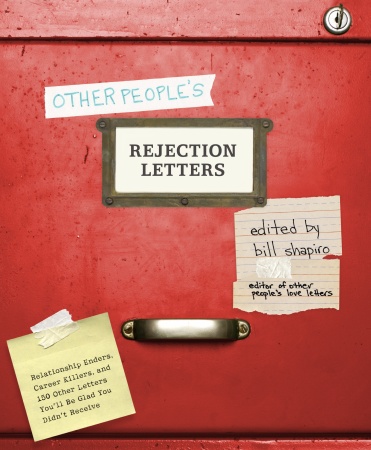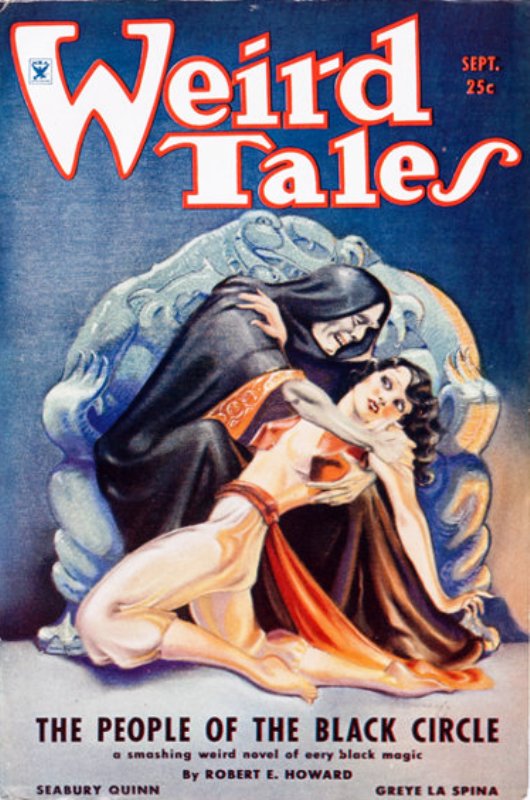
“The entire system of the novel in the last century, with its cumbersome machinery of continuity, linear chronology, causality, noncontradiction, was actually a last-ditch attempt to forget the disintegrated state we were left in when God withdrew from our souls, an attempt at least to keep up appearances by replacing the incomprehensible explosion of atoms, of black holes and impasses, with a reassuring, clear, unequivocal constellation woven so closely that we’d no longer hear death howling between the stitches, amidst broken threads hastily reknotted. No objection to this grandiose, unnatural project? . . . No objection, really?”
Alain Robbe-Grillet, from Ghosts in the Mirror
Mother’s Day poem

DOWNTOWN CROSSING
by Mairéad ByrneA cup of coffee can be a mother.
A cigarette can be a mother.
A blanket can be a mother.
A wool cap can be a mother.
A coat can be a mother.
A booth can be a mother.
A warm grating can be a mother.
You can be your own mother.
I found this poem in a really cool anthology called Not for Mothers Only: Contemporary Poems on Child-Getting and Child-Rearing (Fence Books, 2007)
Also, Mairéad Byrne’s collection The Best of (What’s Left of) Heaven (Publishing Genius, 2010) is available now.

A new book. Is it comforting to know that other people are rejects too? There’s that great Merwin poem, “Berryman,” that describes Berryman’s writing advice to the poet. Lines on rejection:
as for publishing he advised me
to paper my wall with rejection slips
his lips and the bones of his long fingers trembled
with the vehemence of his views about poetryhe said the great presence
that permitted everything and transmuted it
in poetry was passion
passion was genius and he praised movement and invention
Life of a Star by Jane Unrue
This was our playroom now, shared bedroom too. Those walls that had been mine were ours now, papered in a faded floral, seams and corners peeling, bubbled in some places, cracked. On every wall a stitchery picture: scenes from storyland were also faded. Soiled. No glass. Frames: chipped-off painted wood. Threads pulled in places, evidence of little fingers that can’t keep from touching, pulling—as if doing so could take a body out of this and into that: round wooden door to mouse’s tree-trunk house; white wicket gate set in the background of a garden overgrown with purple blooms; enchanted cottage all but hidden in a forest thicket; green-and-ruby turret window that, despite the ravages of time and all those dirty little fingers, still appeared to be enough to make a castle glow. And in that decorated room that had been mine but now belonged to us, the place in which unpleasantness seemed not just possible but downright inescapable, I told her stories with more stories stacked on top, all set in carefully described locations peopled with the characters I represented and the objects I pretended (on behalf of characters) to see, pick up, and operate.
(Read more of this excerpt from Jane Unrue’s recently released novella, Life of a Star, on Ben Marcus’s blog. The book can be purchased from the publisher, Burning Deck.)
From BEWARE OF PITY by Stefan Zweig

He pities the fool who pities the fool.
But to my own astonishment I found the requisite strength again and again. In some mysterious way, once one has gained an insight into human nature, that insight grows from day to day, and he to whom it has been given to experience vicariously even one single form of earthly suffering, acquires, by reason of this tragic lesson, an understanding of all its forms, even those most foreign to him, and apparently abnormal. […]
READ MORE >
human nature has nothing to do with master-pieces
The tradition has always been that you may more or less describe the things that happen you imagine them of course but you more or less describe the things that happen but nowadays everybody all day long knows what is happening and so what is happening is not really interesting, one knows it by radios cinemas newspapers biographies autobiographies until what is happening does not really thrill any one, it excites them a little but it does not really thrill them.
…
It is awfully difficult, action is direct and effective but after all action is necessary and anything that is necessary has to do with human nature and not with the human mind. Therefore a master-piece has essentially not to be necessary, it has to be that is it has to exist but it does not have to be necessary it is not in response to necessity as action is because the minute it is necessary it has in it no possibility of going on.
…
And so always it is true that the master-piece has nothing to do with human nature or with identity, it has to do with the human mind and the entity that is with a thing in itself and not in relation. The moment it is in relation it is common knowledge and anybody can feel and know it and it is not a master-piece.
from “What Are Master-pieces and Why Are There So Few of Them”
by Gertrude Stein
a smashing weird novel of eery black magic
 ___________________
___________________
“The People of the Black Circle” is one of the original Conan the Barbarian stories, written by American author Robert E. Howard and first published in Weird Tales magazine in three parts over the September, October and November 1934 issues. Howard earned $250 for the publication of this story.
from Chapter VIII: Yasmina Knows Stark Terror
Yasmina had time but for one scream when she felt herself enveloped in that crimson whirl and torn from her protector with appalling force. She screamed once, and then she had no breath to scream. She was blinded, deafened, rendered mute and eventually senseless by the terrific rushing of the air about her. There was a dazed consciousness of dizzy height and numbing speed, a confused impression of natural sensations gone mad, and then vertigo and oblivion.
A vestige of these sensations clung to her as she recovered consciousness; so she cried out and clutched wildly as though to stay a headlong and involuntary flight. Her fingers closed on soft fabric, and a relieving sense of stability pervaded her. She took cognizance of her surroundings.
She was lying on a dais covered with black velvet. This dais stood in a great, dim room whose walls were hung with dusky tapestries across which crawled dragons reproduced with repellent realism. Floating shadows merely hinted at the lofty ceiling, and gloom that lent itself to illusion lurked in the corners. There seemed to be neither windows nor doors in the walls, or else they were concealed by the nighted tapestries. Where the dim light came from, Yasmina could not determine. The great room was a realm of mysteries, or shadows, and shadowy shapes in which she could not have sworn to observe movement, yet which invaded her mind with a dim and formless terror.
Tree for Friday
It’s Friday. Have a wonderful description of trees.
When I’m surrounded by trees, a condition I’ve sought out pretty persistently throughout my life I think the thing I might like the most about them is this whisper like all the hair of the world passing through the tunnel of one single breath – if that is a form of percussion. This irregular hiss of trees and wind. I think it is my mother. And I am her son, and you are my dog.
from “Protect Me You” by Eileen Myles.




 As of late, I’ve been on this
As of late, I’ve been on this